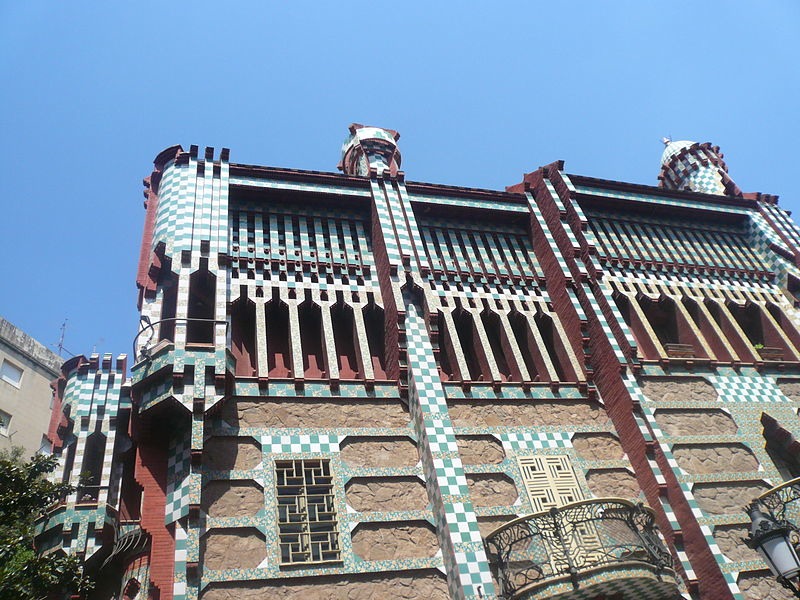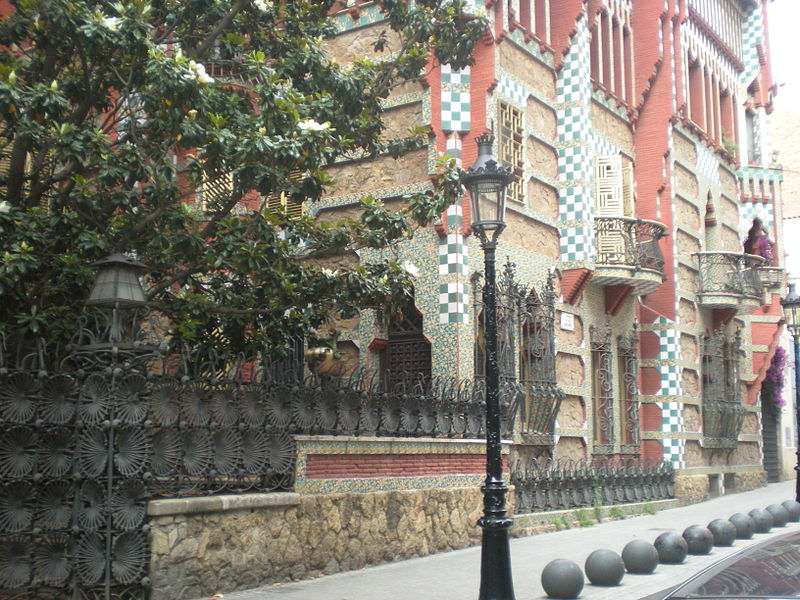Gilles Serra, MoraBanc CEO, believes that in a market in which there is little added value in traditional management and even less with interest rates at rock bottom, the club deals in real estate are a great way to offer clients added value. Therefore, for the last few years, the Andorran institution has been looking for prime assets in Spain and other European countries, Serra explained in an interview with Funds Society.
MoraBanc has, for some time now, been investing in real estate, a type of investment which is achieving returns of around 6% and in which the family’s joint venture, referring to the Mora family, owners of MoraBanc, also offers an additional attraction for the investor client who, through this type of real estate private equity instruments, buys, manages and subsequently sells the property.
Serra, who is enthusiastically committed to this type of asset, recalled that they have been involved in several operations in the real estate sector in Spain and Europe in recent times. Casa Vicens, the Barcelona residence of the iconic Gaudí, which, until recently had been inhabited for a period of 105 years by generations of the Herrero Jover family, has been their last and most emblematic operation. Now its doors have closed, the bank plans to undertake major renovation work to convert Casa Vicens into a museum.
The executive also acknowledges that they have some other buildings in sight in Barcelona that might be of interest, as they have reached an agreement with the Hermitage for a franchise of the museum within the Catalan capital, where its own exhibitions could be combined with temporary exhibitions on concession from the Hermitage in St. Petersburg.
Accordingly, Gilles pointed out that museums are no longer confined solely to housing artworks. The museum itself has an ever increasing weight as a business through the tourism which it attracts and the profitability generated by the different events, a growing trend in big cities like Barcelona, where brands use these facilities to promote different events and celebrations.
Outside Spanish borders, MoraBanc recently purchased a building next to the European Parliament in Brussels, whose tenant is the French Alliance. In February 2013, the Andorran entity bought another building in Paris; these operations are performed through Amura Capital, the SICAV acting as head of real estate investments for the Andorran group.
Last January, Amura Capital announced the investment of 100 million Euros in Colonial, a real estate company, in which the Spanish group of companies, Grupo Villar Mir, and the Latin American, Grupo Santo Doming, are also shareholders.
As for the opportunity to invest in Spanish property, an interest which is shared by major international firms as indicated by various real estate transactions recently closed, Serra agreed that it is a good time to invest in Spain, but added “I think it will be a fairly short cycle. There is a lot of bad and not much good property. The time is still right to invest at reasonable prices.”
Since late last year and during the first quarter of 2014 the rate of international investors looking for opportunities in Spanish territory has increased, either through direct investment or through listed vehicles as the socimi, the Spanish real estate investment trusts (REIT), the market is currently very dynamic.
Apollo and Santander, Kennedy Wilson-Värde Partner and Popular, TPG Capital and La Caixa, HIG Capital and SAREB, Intu and CPPIB, Cerberus and Bankia, are just some of the agreements recently announced by Spanish companies and international funds. Blackstone, Centerbridge, Fortress, Goldman Sachs, KKR, Lone Star, Northwood, Pimco, Soros, Starwood, and WL Ross, are other international investors who have already signed agreements or are looking to position themselves in Spanish territory.



 By Fórmate a Fondo
By Fórmate a Fondo